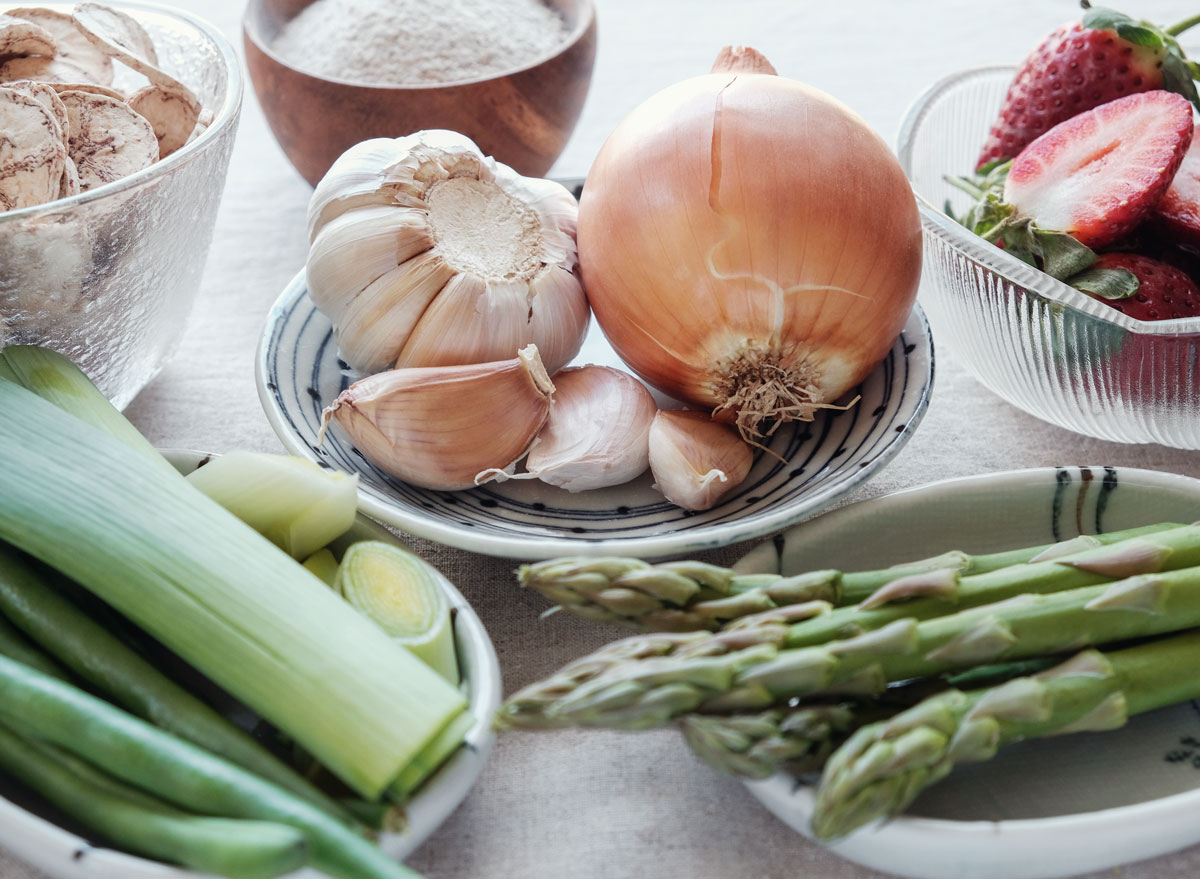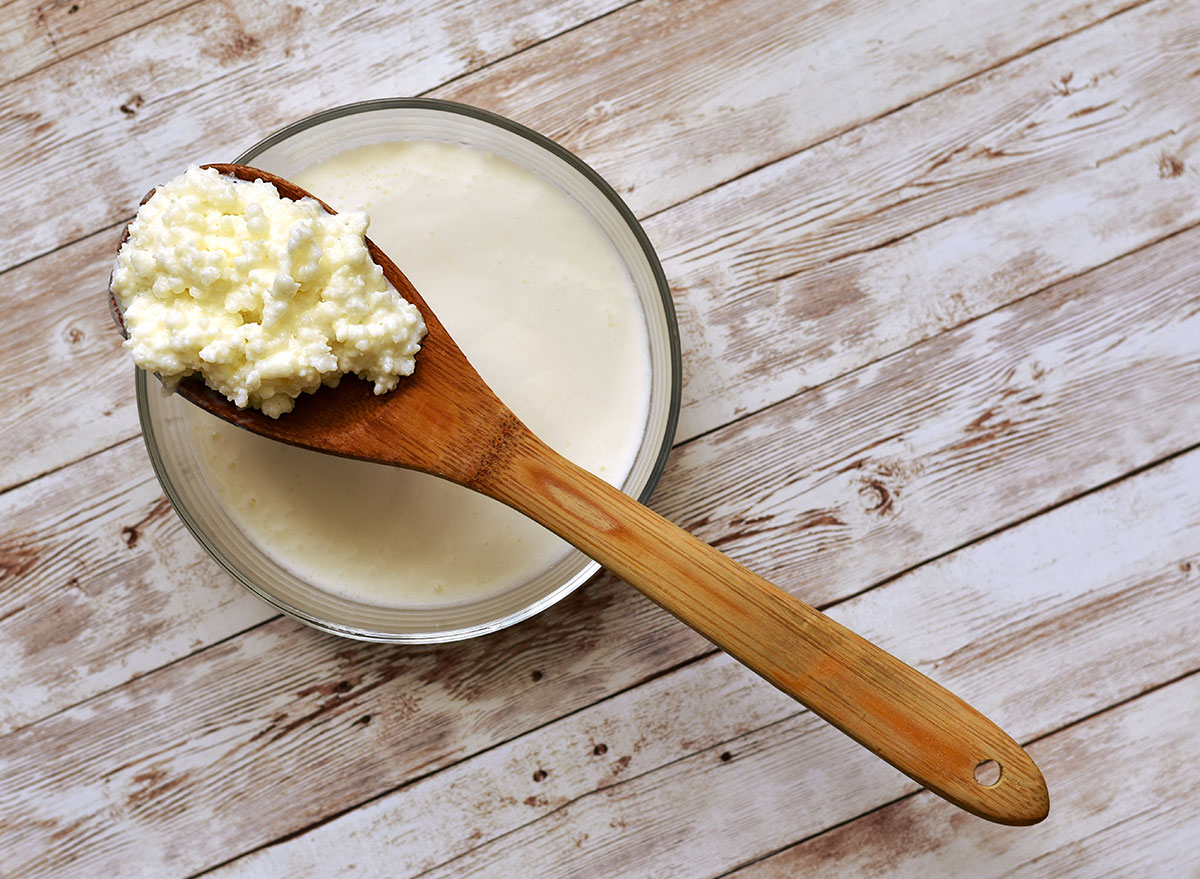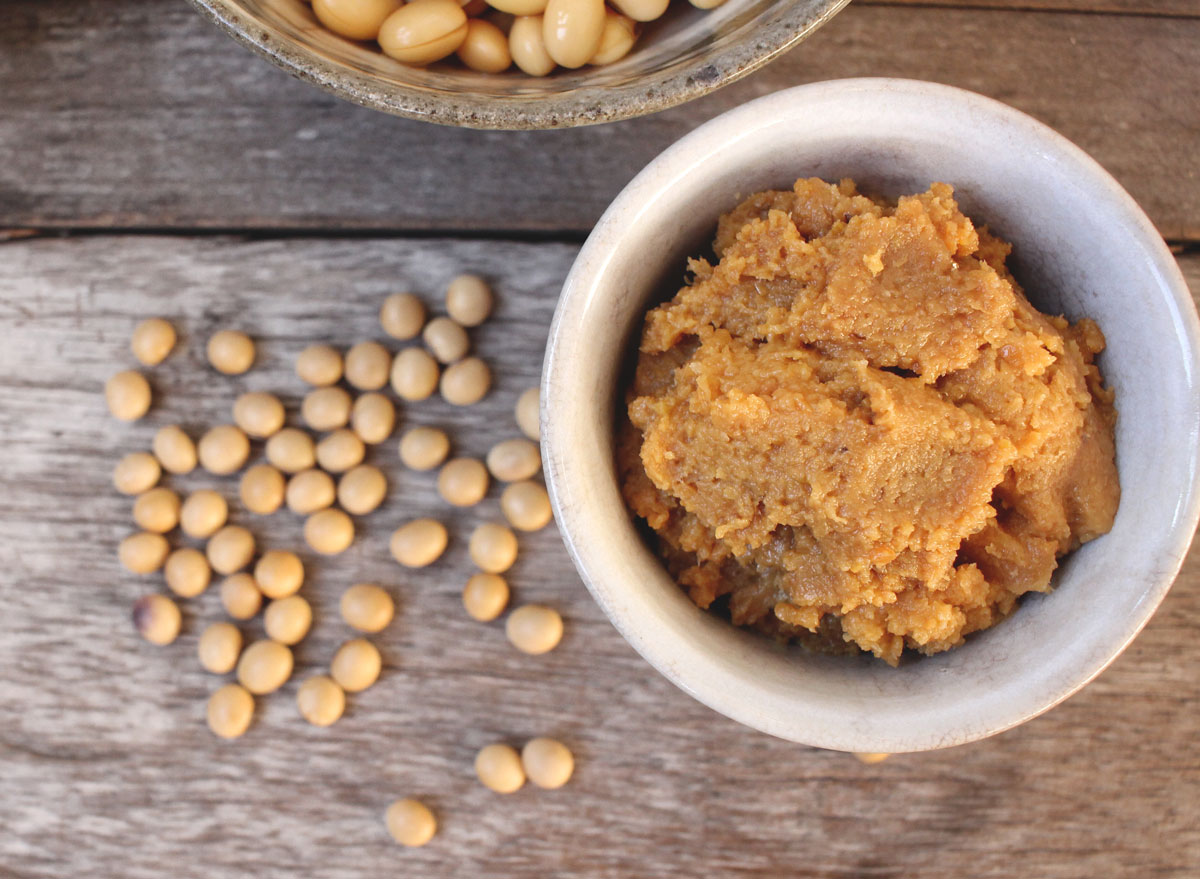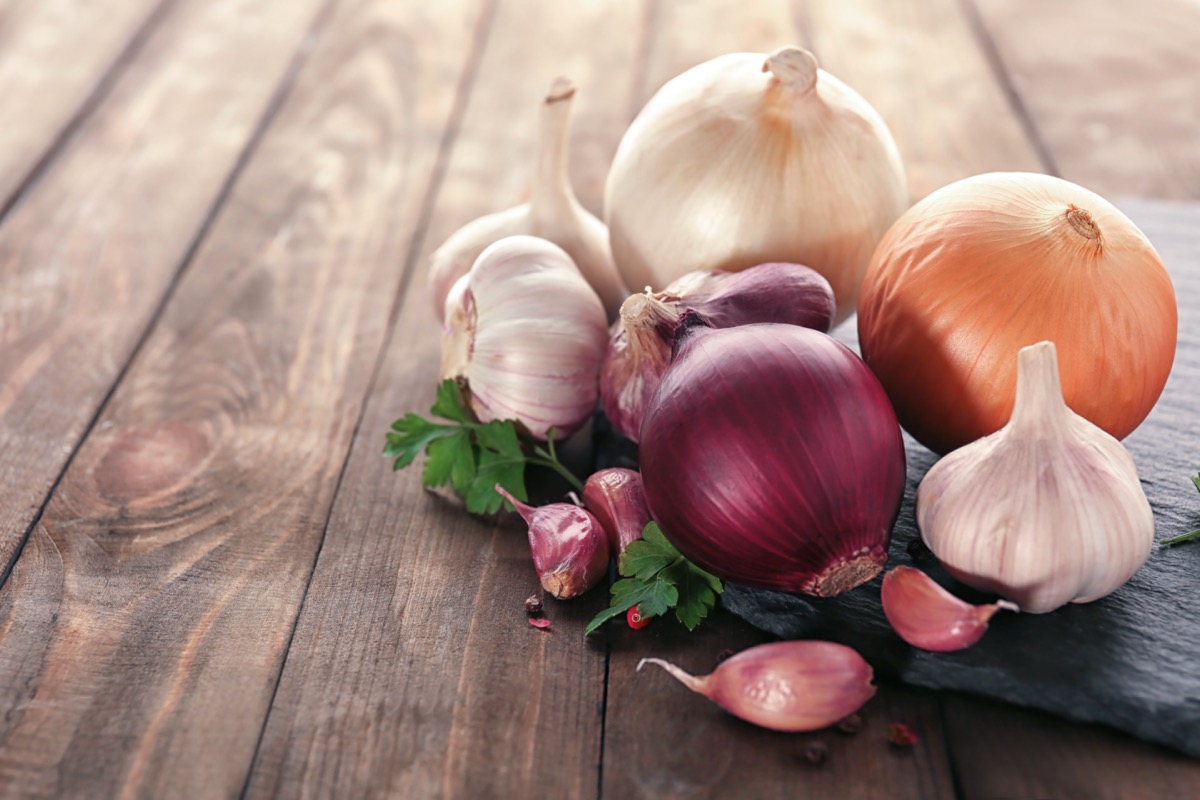Happy-Belly Foods that Support Immunity, According to Science

Your stomach is more than a body part that nags you when you’re hungry and scolds you when you’ve overfed it. Located in your large intestine, your gut is actually home to a complex system known as the “microbiome.” The gut microbiome contains trillions of microorganisms, including good bacteria, that influence many biological functions such as digestion, brain health, and immune system regulation.
In fact, as much as 70 percent of immune function is thought to originate in your gut, which is why it’s critical to care for the microbiome so it can help support your immunity.
A few important things to know: Though there is research to support that eating foods and taking supplements that support a healthy microbiome can offer protection from viral respiratory infections, their impact on COVID-19 hasn’t been studied specifically. That said, health experts such as Frank Lipman, MD, Chief Medical Officer of THE WELL, maintain that at the very least, having a strong immune system can help mitigate the systems of most infections and help you recover more quickly.
The foods you eat strengthen your microbiome in three different ways: by feeding the good bacteria in the gut (prebiotics), bringing your existing beneficial bacteria some reinforcements (probiotics), or by healing and strengthening the mucosal lining, which new research shows can ward off inflammation.
As for what to avoid, enemy number one to your gut is sugar, which starves your beneficial bacteria in favor of feeding the bad guys. (I developed a three-week eating plan to eliminate nasty added sugars from your diet, in case you’re one of the many people struggling to curb your consumption.)
As Justin and Erica Sonnenburg write in their book, The Good Gut, “overwhelming evidence is building for a connection between better health and a complex microbiota.” Start to nourish your gut microbiome and support your immune response in the process by adding the following foods to your grocery list. And for more tips on how to boost your immunity, read what Dr. Fauci suggests and be sure to get adequate amounts of these crucial vitamins and nutrients.
Yogurt & Kefir

When buying dairy products, such as yogurt, cultured butter, and kefir, a fermented milk drink, look for those that are unsweetened and labeled as containing “live and active cultures” to make sure they have the beneficial probiotics necessary to make a difference.
Sauerkraut & Kimchi

Vegetable-based fermented foods, such as pickles, sauerkraut, and the spicy Korean-cuisine staple, kimchi, not only pack abundant flavor, they can be a boon to your microbiome. Quality can vary, so opt for brands such as Cleveland Kitchen and Hawthorne Valley, which uses locally-sourced produce and a wild fermentation process to persevere beneficial enzymes in their products.
Miso & Natto

As a study published in The BMJ noted, natto (made from soybeans fermented with Bacillus subtilis) and miso (soybeans fermented with Aspergillus oryzae) are common in Japanese cuisine and have been studied not only for their potential gut-friendly properties but also for their ability to extend life expectancy.
Garlic & Onions

Prebiotic fiber from plants feed the good bacteria in your gut. Apart from garlic and onions, seek out prebiotic foods like leeks, asparagus, chicory root (sometimes used as an uncaffeinated replacement for coffee), and Jerusalem artichokes. Read this to better understand the difference between prebiotics and probiotics.
Bone Broth & Collagen Powder

Foods that contain collagen, such as bone broth made from beef, chicken, or turkey, can help heal your gut when sipped like a tea or used as a base for soups. Says Sharon Brown, CN, clinical nutritionist and founder of frozen bone broth company Bonafide Provisions: “The high levels of collagen in properly-made bone broth help repair the mucosal lining of the gut, which aids digestion, soothes the intestines, and reduces inflammation.”
According to a 2011 study, glutamine, an amino acid in collagen, can help preserve gut barrier function. For more ways to soothe your gut, check out these 20 Foods That Relieve Your Gut Problems, Say Dietitians.








